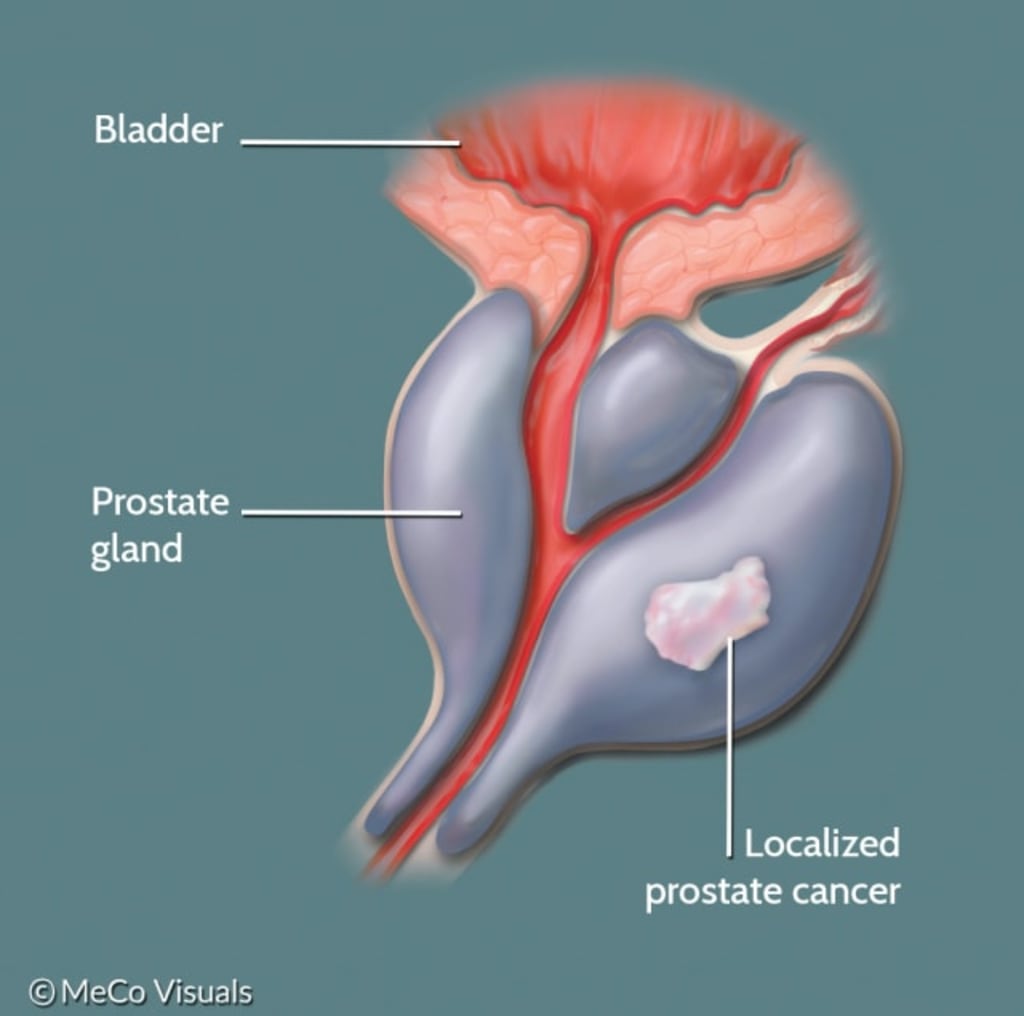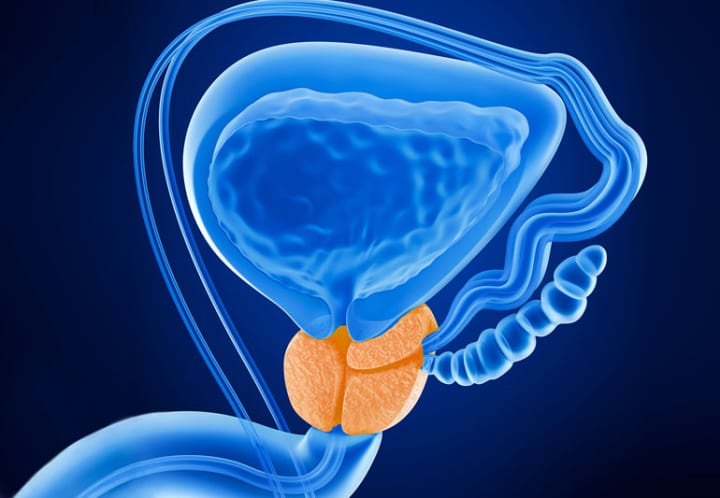Everything You Need to Know About Prostate Cancer
Everything You Need to Know About Prostate Cancer

Prostate exams should get done regularly to avoid diseases like prostate cancer and prostatitis.
According to India's National Cancer Registry Program, prostate cancer is the third most common cancer in men, accounting for 7% of all cancers.
The prostate is a small walnut-sized gland located near the bottom of the bladder that grows in size as men age. However, a lack of awareness about it exacerbates the situation.
In this article, Dr. Sandeep Nayak, an excellent oncologist from Bangalore, has discussed everything you should know about prostate cancer.
Dr. Sandeep Nayak has extensive experience in surgical oncology, including both open and minimally invasive cancer surgery, including laparoscopic and robotic surgery.
Few onco-surgeons are as skilled in this field as he is, and he is widely regarded as India's best surgical oncologist.
There are over 200 different types of cancer, and each one requires a different treatment plan based on the patient's condition and health.
Meeting a doctor for a prostate checkup in India is also fraught with stigma and apprehension.
Men of all ages can develop the disease, but those over 50 are at a higher risk and should have regular exams.
If detected early, you can get your prostate cancer treated, and the patient can live a healthy life for over a decade.
On the other hand, patients miss the early warning signs in the majority of cases, making this disease potentially fatal.
The cancer is only confined to the prostate gland at this stage, making it easily treatable with radiation or surgical removal.
After receiving a diagnosis, patients can take a few steps to learn how to live with prostate cancer.
Along with treatment and surgeries, you can manage the disease with a few simple lifestyle changes.
Making a pain chart to track how much pain you're in daily and at different times can help you adjust your pain medication.
It will also be necessary to maintain a healthy diet and lifestyle, resulting in more effective treatment. It's also critical to understand the treatments' limitations and side effects.
Some treatment plans can cause erectile dysfunction, but talking to your doctor about it can help you avoid this.

There are a few early warning signs to look for to recognize symptoms and seek medical help:
Urination regularly, especially at night – The urethra will be pressed by an enlarged prostate gland, resulting in a blockage of urine flow and irritation of the bladder wall. The pressure can cause the bladder to contract before empty, which is more common at night.
Pain during urination- There will be several troubling signs, such as you will feel pain while urinating, you will face difficulty getting up while excreting, and having an inadequate current while passing urine. When cancer prevents the prostate gland, all of these things happen.
Blood in Semen or Urine: Blood in an unfamiliar area is a sign that something is wrong. Quick tests should get performed if there is blood in the urine or sperm.
Ejaculation problems: Because the prostate gland is such an essential male reproductive system's part, an anomaly in this gland can create a painful feeling or pain during ejaculation.
Pressure on the Rectum – When the prostate gland enlarges, it places excessive stress on the rectum, which patients can feel at any time.
Conclusion:
Prostate cancer is a disease that the specialist can treat if early symptoms are recognized.
While cancer can be frightening and cause a loss of will to live and fight, it is a disease that can get treated if early symptoms are recognized.
Regular prostate exams should also be encouraged in people who have a family history of the disease.
Obese people are also at a higher risk of developing prostate issues. While all symptoms do not always indicate cancer, it is critical to seek medical assistance and determine the exact cause.

Frequently Asked Questions
What is cancer surgery by laparoscopy?
Minimal Access Surgery refers to laparoscopy and robotic cancer surgery (MACS). This minimally invasive surgery gets typically used to treat cancer in its early stages.
The surgeon uses a procedure known as laparoscopy to perform this surgery. In contrast to open surgery, where the surgeon makes significant cuts, the laparoscopic instrument gets inserted into the body through a small incision.
The laparoscopy instrument has a camera, which allows the surgeon to obtain clear images of the organ located deep within the body. Outside, the photos get displayed on a monitor.
What is cancer robotic surgery?
Robotic cancer surgery uses the "Da Vinci" robot to perform the procedure. Robotic surgery for cancer is a minimally invasive procedure.
The surgeon performs this type of surgery while seated in front of a monitor, which displays high-definition internal organs. The surgery gets carried out with robot-assisted arms that get inserted into the body through a small incision.
Robot-assisted cancer surgery aids in the precision and accuracy of complex procedures.
What are the advantages and disadvantages of laparoscopy and robotic surgery?
There are numerous advantages to laparoscopy and robotic surgery for the patient during and after surgery.
The following are some of the significant advantages of laparoscopy and robotic surgery over traditional open cancer surgery:
There were only a few complications after the surgery.
The length of time spent in the hospital will be reduced.
Infection risk gets reduced, as is pain and discomfort.
Blood loss and the need for blood transfusions get reduced.
Faster recovery and reintegration into society.





Comments
There are no comments for this story
Be the first to respond and start the conversation.